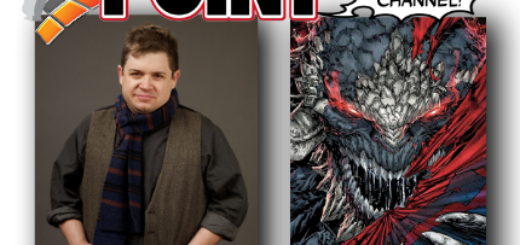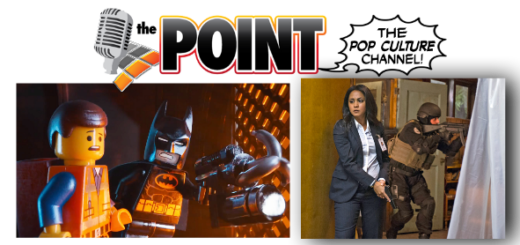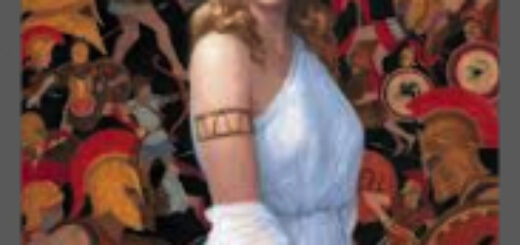Jen Krueger: Hating Superman
I’m going to preface this week’s column by saying I’m going to express what I realize is a very unpopular opinion.
I hate Superman.
I don’t mean that I hate one of the movies, or one of the TV shows, or a particular run of the comic. I hate the character of Superman, because I find him boring.
For me to be interested in a superhero, the hero has to be flawed in some way. Iron Man has been my favorite hero for some time because of how deeply troubled Tony Stark is, from the narcissism and egomania that get him into tough spots, to the self-destructive tendencies that emerge when he’s forced to face the fact that he isn’t perfect. To be the hero he wants to be, he must grapple with a dark streak inside himself, and watching that internal battle is a thousand times more compelling to me than any external battle Iron Man engages in with an antagonist. And even when I am watching him take on a villain, Iron Man doesn’t really prevail because of the powers of his suit. Everything hinges on the man inside the suit using his advantages to the best of his ability, and that ability is sometimes compromised by the man himself. At the end of the day, Iron Man doesn’t even matter as much as Tony Stark, whose flaws have given him a complexity that makes him matter a great deal to me.
Superman, on the other hand, is basically perfect. Sure, there’s a type of rock that makes him physically weak, but to me that’s about as interesting a flaw for a hero as a gluten allergy. But even putting aside his ridiculous physical attributes, Superman continues to be about perfection. His biggest problem is that no one could possibly understand his infallible and unwavering goodness, and that he’s so benevolent he can’t help himself from dedicating his life to protecting the human race. He may brood alone in the Fortress of Solitude, but when all of a character’s contemplation stems from how hard it is to deal with being so darn unflawed, there’s neither complexity to that contemplation nor capacity for change. And while Tony Stark is sometimes Iron Man, with Superman it feels much more like Superman is sometimes Clark Kent. Stark is a person who is humanized by his flaws, but Superman is an alien who sometimes masquerades as a normal person. If Superman will always be Superman, and Superman will never be wrong, I don’t care about watching him fight villains because his external conflicts are no more interesting than that of any other hero, and almost any other hero will have an internal conflict to bring to the table as well.
But why is it that flaws and the internal conflict stemming from them are what make a hero interesting in the first place? Because those are the things that move characters from people I can sympathize with to people I can empathize with. For a long time, I wasn’t a fan of Captain America because he struck me as another hero who is little more than the embodiment of good poured into a red, white, and blue costume. But once Captain America was brought to present day and had to contend with being a man out of time, I was completely engrossed. Trying to find a place in a world that has so greatly surpassed the core beliefs around which his whole identity had been built is an internal conflict rich enough to make me care for Steve Rogers, and more importantly, it invites me to put myself in his shoes by making him vulnerable in a relatable way. I can imagine how he feels because his emotional struggles are universal even if his specific circumstances aren’t, but I can’t say the same about Superman since he has little to no emotion to struggle with.
At this point, I suppose it’s only fair for me to point out there’s technically one incarnation of Superman that I do like, but it’s one so markedly different from any other representation I’ve seen that I honestly don’t think of it as the same character. Mark Millar’s Superman: Red Son imagining a world in which Superman fell to Earth in Soviet Russia rather than the U.S. manages to put aside the hero’s perfection by making Superman a tool in a society he wants to actually belong to. Instead of willfully holding himself apart from humanity, Red Son features a Superman who recognizes he’s a cog in a machine and yearns to be something more. Reading Red Son was the first and only time I’ve seen a Superman with that kind of emotional depth and realism, which makes it the first and only time I’ve ever felt I could relate enough to what Superman was feeling to care about him.






















